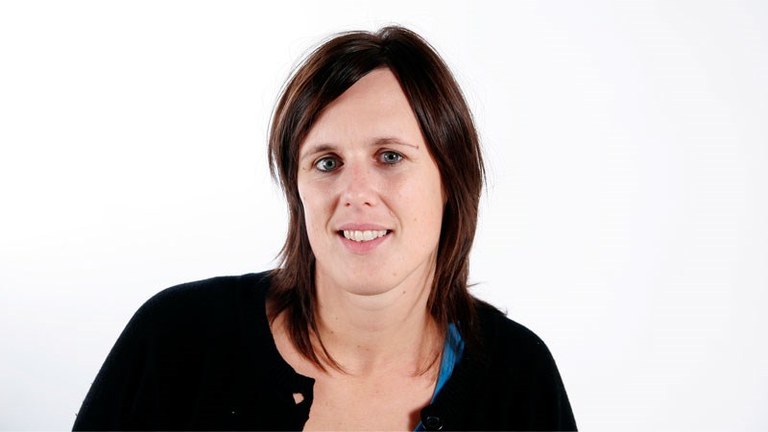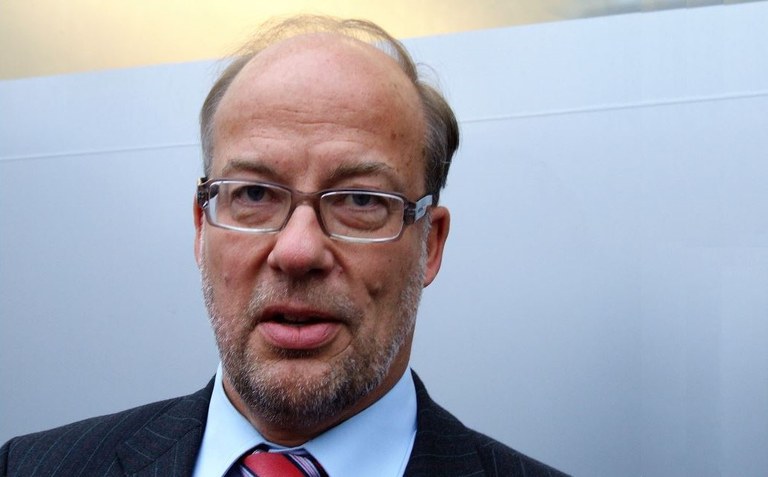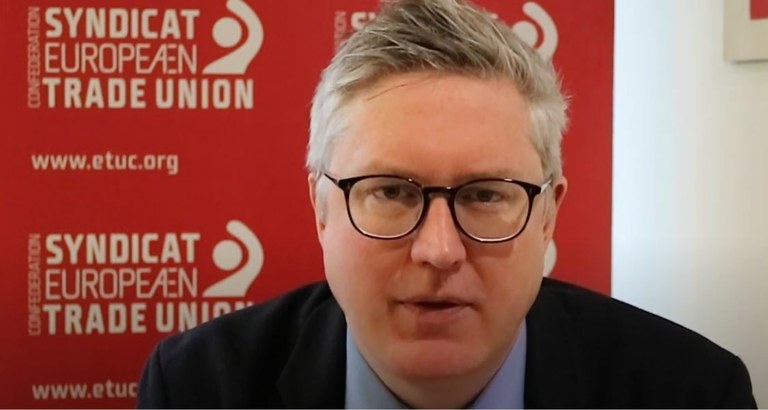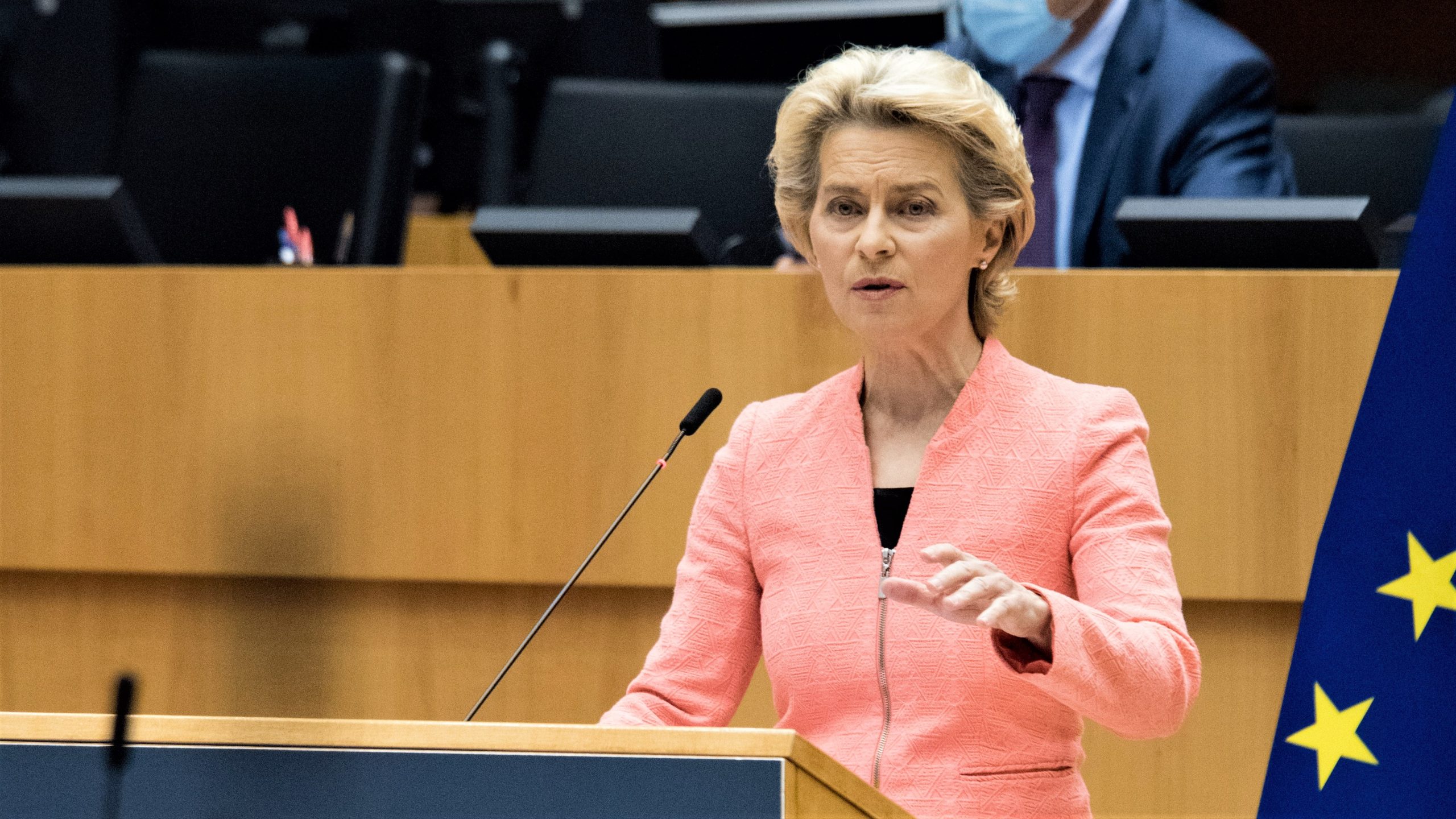The Commission’s proposal seems to enjoy relatively broad support in Europe. Opposition comes mainly from the Nordics, and in particular Denmark and Sweden. These countries see statutory minimum wages as a threat to the Nordic labour market model.
So why is it so important for the EU Commission to try to adopt a directive on minimum wages in EU countries?
The main reason, according to Commission President Ursula von der Leyen, is to secure decent living standards for all wage earners in EU countries. She argues the proposal will have several positive outcomes. Not only will it have positive social effects and reduce poverty, it can also reduce wage gaps, be an incentive to work and help maintain demand. It should also protect responsible employers from unfair competition.
The EU Commission has not put a figure on the minimum wage, however, and underlines that no country will be forced to introduce statutory minimum wages.
“The proposal is an important signal that also in crisis times, the dignity of work must be sacred. We have seen that for too many people, work no longer pays. Workers should have access to adequate minimum wages and a decent standard of living. What we propose today is a framework for minimum wages, in full respect of national traditions and the freedom of social partners,” says von der Leyen.
Favours collective agreements
A different and less talked about aim is to strengthen the collective bargaining system – getting more European countries to realise the advantages of the system we in the Nordics consider to be so successful. Today, six countries in particular use collective agreements with different degrees of minimum wage protection – Denmark, Finland, Sweden, Cyprus, Austria and Italy. The remaining 21 EU member states have statutory minimum wages.

Kristin Alsos, researcher at Fafo. Photo: Fafo.
The Commission now goes further than simply pointing out that national traditions should be respected. It also recommends adopting the collective bargaining model between the social partners, and advises countries to take further action to increase collective agreement coverage.
The proposed directive says all member states with less than 70% collective agreement coverage should develop national action plans to promote collective agreements. One reason behind this is that the lowest wages are higher in countries that have adopted the collective agreement model than in countries with statutory minimum wages.
Strong Nordic opposition
Yet despite repeated assurances from the Commission that it will not force a model on countries that do not want it, the proposal has faced solid opposition from trade unions, employers and politicians in Denmark and Sweden. There is much opposition in Norway too – a country which is not an EU member state but which must adopt relevant directives as part of the EEA agreement.
“There is widespread agreement in the government, among employers and employees that this is undesirable and that the EU lacks competence in this area,” says Kristin Alsos, researcher at the Oslo FAFO research foundation.
The proposed directive has found a more positive audience in Finland, which already has a system with universally applicable collective agreements which to a certain extent will have the same effect as statutory minimum wages. The Finns also seem to trust the Commission’s assurances that no country will be forced to adopt this model.

Niklas Bruun, Professsor at the University of Helsinki. Photo: Björn Lindahl.
For those on the outside, the massive opposition to the EU proposal might seem exaggerated. Professor Niklas Bruun, Finland’s leading labour law researcher, points out how the EU acted during the financial crisis just over ten years ago. The resulting austerity politics led to many job losses and the undermining of the negotiation system.
“This proposal points to a positive development in the EU. Here you see a clear social dimension and wordings that support the collective agreement system,” he says.
Opposition could have negative effects
Swedish Professor Lars Magnusson at the University of Uppsala is also critical to the negative reactions. He considers the Swedish trade unions to be “tone deaf” and is worried this could have negative effects in the future. Magnusson points out that the labour market has changed. Even in the Nordics more and more people have precarious jobs with unreasonable wages, while fewer and fewer are trade union members.

Lars Magnusson, Professor at the University of Uppsala.
“This means there is space to have a more nuanced perspective and not only shout no as soon as this issue pops up,” he says.
It is worth noting that there is a clear line separating the European Trade Union Confederation ETUC and the Scandinavian trade unions’ view on this issue. A clear majority of ETUC’s members support the idea of a directive, while Danish and Swedish unions end up aligned with BusinessEurope, the Confederation of European Business.
Disagreement at ETUC
Swedish Per Hilmersson, Deputy Secretary-General at ETUC, seems to have fallen between two stools. Why does a majority of European trade unions want a minimum wage directive?

Per Hilmersson, Deputy Secretary-General at ETUC.
“At ETUC we have carried out studies that show most countries’ minimum wages are too low and not sufficient for a decent living standard. This is a serious situation which we want to do something about. So when the Commission took this initiative and asked for our opinion, 85% of our members answered that a directive is necessary. But at ETUC we have always been of the opinion that minimum wages should only be introduced in countries where the unions want them.”
But what do you, as a Swede, make of the fact that Swedish trade unions voted down the EU proposal?
“I fully understand it, and I have also argued for it internally. At ETUC we also have our red lines and do not want legislation that undermines well-functioning negotiation systems.”
But do you think the proposed directive protects against this?
“No, more is needed to protect the Nordic model. ETUC is working on concrete proposed amendments which we will discuss with our members.”
What does ETUC think about the fact that Scandinavian trade unions are in line with BusinessEurope? Could that not be seen as demonstrating a lack of solidarity?
“I don’t think so. All of our members have the same goal really – decent wages and strong collective agreement systems – but they don’t quite agree which measures are needed. In general, ETUC admires the Nordic model. You see that it works and there is no desire at all to upset it. That’s why I think people understand why Sweden and Denmark want stronger protection for their model,” says Per Hilmersson.





